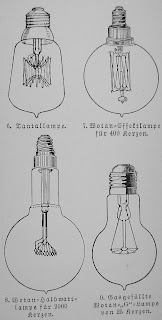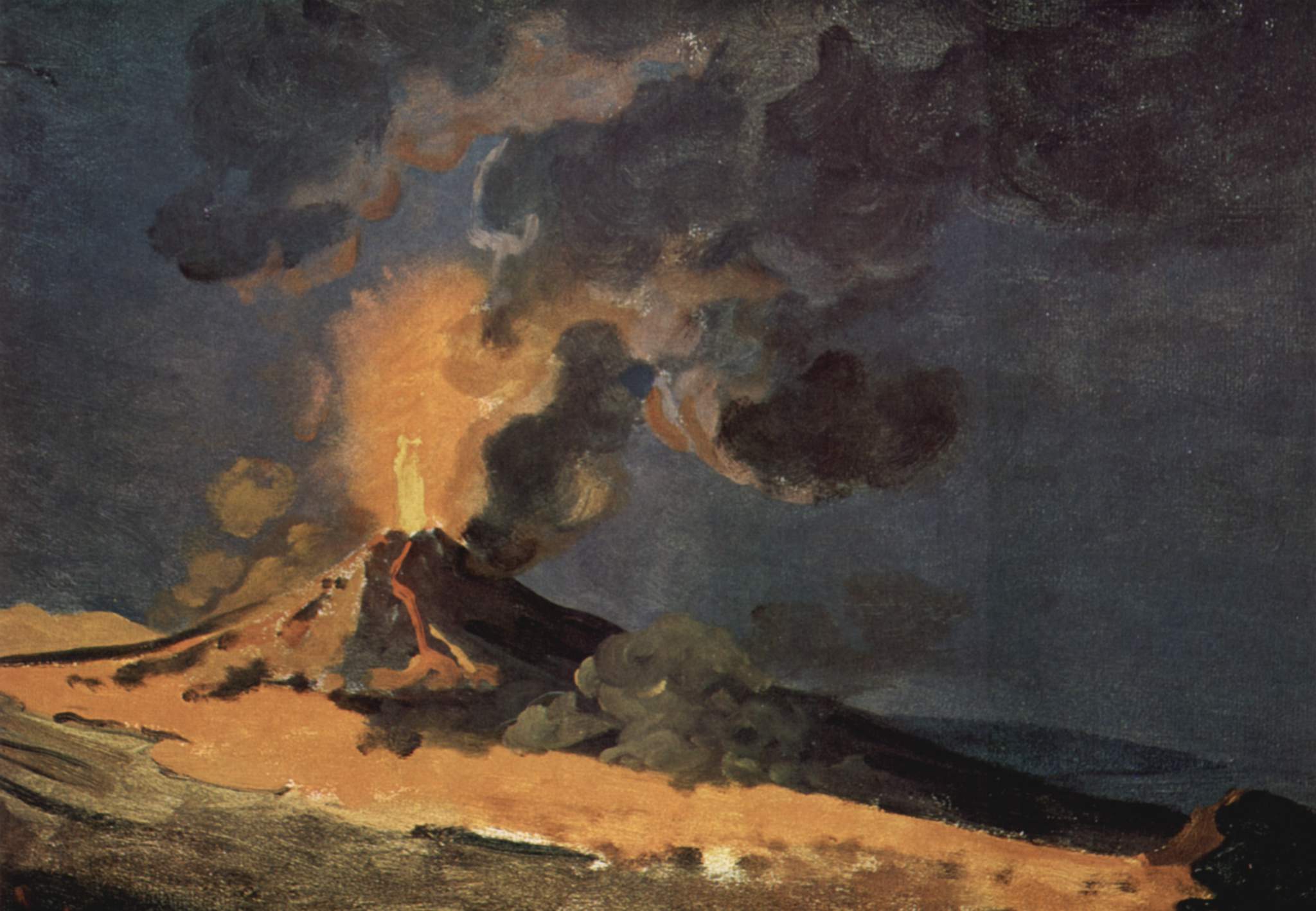From the Nottinghamshire Guardian, Friday Nov. 7th, 1862.
GUY FAWKES DAY IN LONDON. - Wednesday being Guy Fawkes Day, collisions were expected between the Garibaldians and the Irish, but the weather being very wet, coupled with a dense fog, no disturbance took place.
A man named George Brown died at Ramsgate a few days ago at the advanced age of 101. For a considerable time past he had been in the habit of taking daily excercise.
J. H. MORGAN THE CONFEDERATE GUERILLA [sic] CAPTAIN.- Morgan as a citizen in times of peace, maintained the reputation of a generous, genial, jolly, horse-loving, and horse-racing Kentuckian. He went into the Rebellion con amore, and pursues it with high enjoyment. He is about thirty-five years of age, six feet in height, well made for strength and agility, and is perfectly master of himself; he has a light complexion, sandy hair, and generally wears a moustache, and a little beard on his chin. His eyes are keen, bluish grey in colour, and when at rest, have a sleepy look, but he sees every one and every thing around him, although apparently unobservant. He is an admirable horseman, and a good shot. As a leader of a battalion of cavalry, he had no superior in the Rebel ranks. His command of his men is supreme. While they admire his generosity and manliness, sharing with them all the hardships of the field, they fear his more than Napoleonic severity for any departure from enjoined duty. [...] Thirteen months in the Rebel Army. By an Impressed New Yorker.
_ _ _ _ _
NOTES:
Guy Fawkes Day - I like the term 'collisions' instead of 'clashes'. The burning of effigies on the 5th November seems to have been a focus for religious tribalism and violence for a lot longer than I imagined. At least most of the injuries these days are accidental, unlike what happened to this little girl in 1869.
Elopement - Although it's a century too late to be a 'fleet marriage', I can't pass up this opportunity to link to John Southerden Burn's 1833 book The Fleet Registers, which is well worth a quick browse. It's a shame we don't know the age of the young lady in question; I wonder at which point newspapers started obsessively providing the age of everyone they report on..?
The Distress - There's a short BBC article here on the riots in Stalybridge, one of the areas worst hit by the Cotton Famine caused by the American Civil War.
_ _ _ _ _
OBLIGATORY HORSE PICTURE:




















